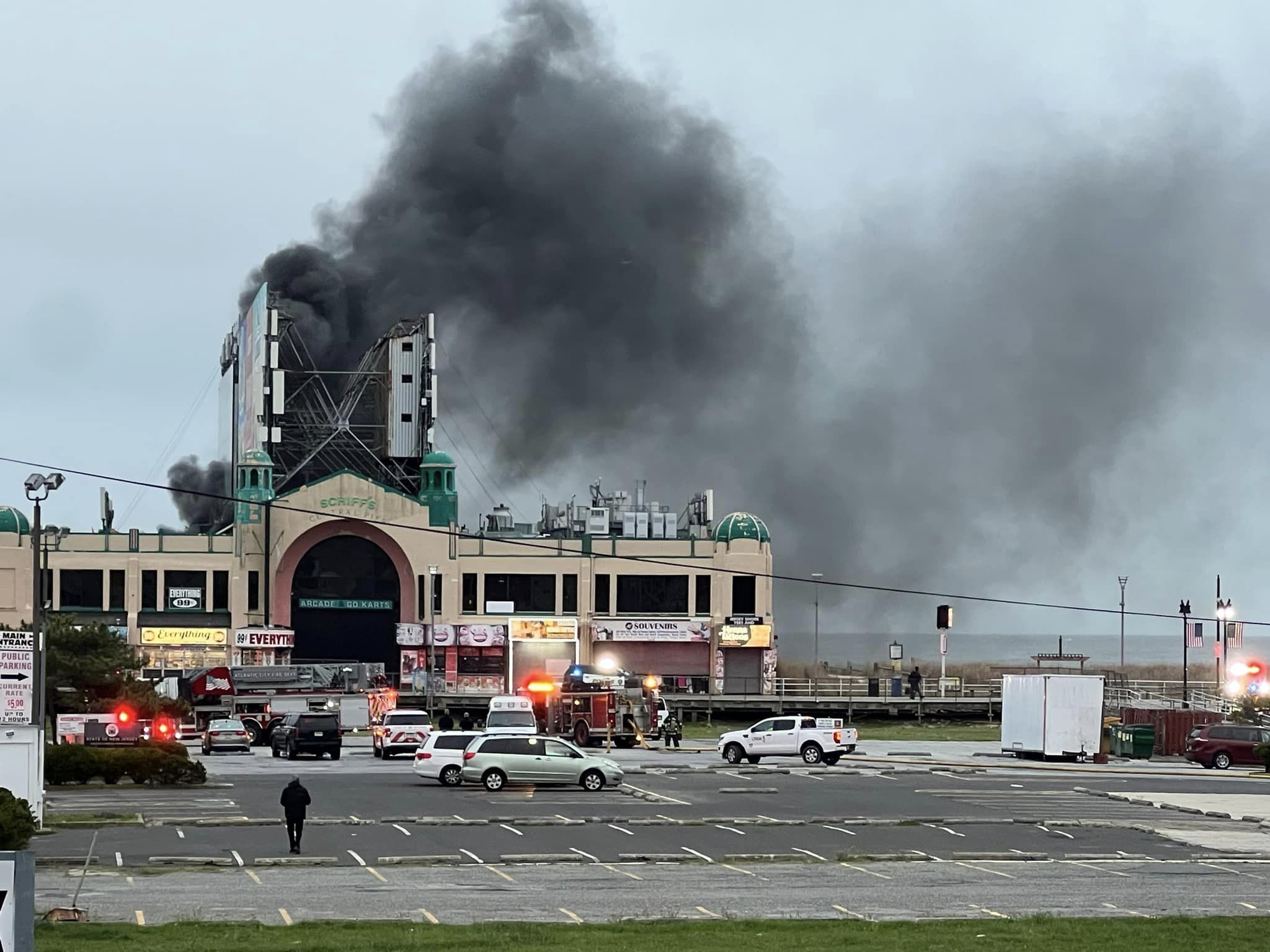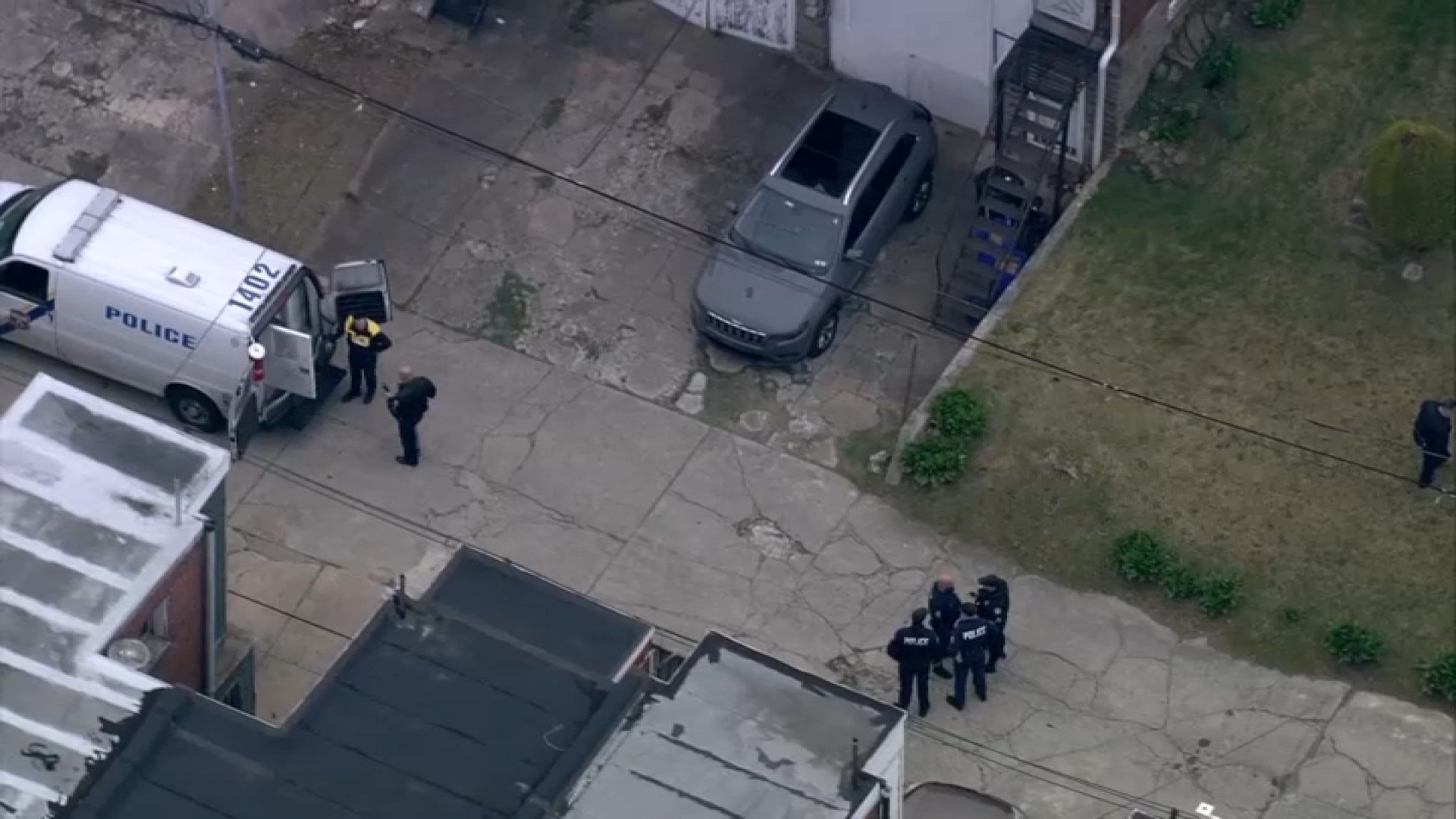The Philadelphia Police Department said it is "looking into allegations" that a number of young men were illegally searched during stops.
In a statement issued to NBC10, police said the department is aware of the allegations and is investigating. However, because the case is ongoing, the department cannot comment at this time.
The allegations surfaced in a Philadelphia Daily News story published last week.
In one instance, the case against a man arrested for possessing 64 packets of crack cocaine was thrown out because the drugs were illegally confiscated. Police found the contraband hiding in his buttocks during a search that should have been conducted in private after obtaining written authorization from supervisors. Instead, the arresting officer conducted the invasive search while patting down the suspect on a public street.
As a result of the Daily News story, Black Lives Matter Movement Pennsylvania activist Asa Khalif marched to police headquarters with two pairs of men’s underwear Tuesday afternoon. He streamed a heated exchange with police on Facebook Live in hopes of encouraging more people to come forward and file formal complaints.
WARNING: These videos contain explicit language that may be offensive to some viewers
Local
Breaking news and the stories that matter to your neighborhood.
“It was brave on their part,” Khalif said of those who shared their stories with media. “Police have somehow ingrained in black youth that they have no power and we’re here to organize and have that power.”
Philadelphia police have a robust policy surrounding strip and body cavity searches. Several pages of the department’s directives outline protocol for conducting invasive pat-downs, which stipulates these searches are not to become routine and can only be conducted in extenuating circumstances.
In most cases, a search warrant is required unless a suspect has provided written consent. Files involving strip or body cavity searches are to be maintained for five years.
“The mere fact that an arrest has occurred for a specific crime (e.g., Narcotics Offense) is not, by itself, reasonable suspicion to conduct a strip search. All factors must be considered prior to requesting a strip search,” the directives say.
A spokesperson from Mayor Jim Kenney's office said he met with Commissioner Richard Ross Jr. last week to discuss the allegations.
"While there is no data to answer the question of whether or not this is a systemic practice, we agree that even one bad stop is too many," the spokesperson said.
"The commissioner is taking steps to reinforce that with the city’s police officers."



